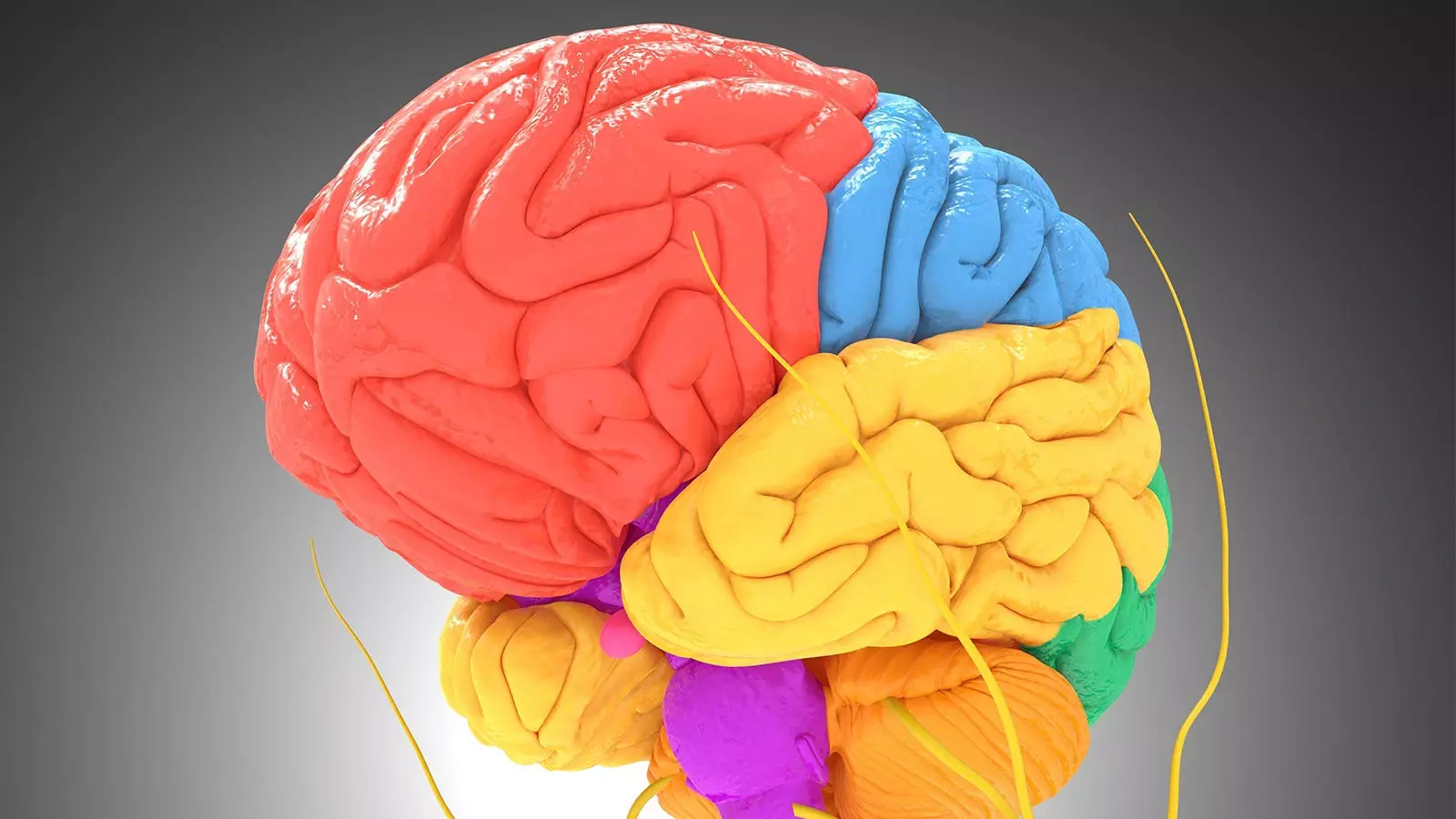In a recent observational study conducted by Adam Staffaroni, PhD, and colleagues at the University of California San Francisco (UCSF), cognitive tests administered through a smartphone mobile application demonstrated high accuracy in detecting frontotemporal lobar degeneration (FTLD), also known as frontotemporal dementia (FTD). The study revealed that the smartphone tests exhibited moderate to excellent internal consistency and test-retest reliability, as indicated by an intraclass correlation coefficient range of 0.77-0.95. Additionally, the validity of the smartphone measures was supported by strong associations with disease severity, brain volume, and neuropsychological measures.
Frontotemporal lobar degeneration is a complex group of dementias characterized by progressive atrophy in the frontal or temporal lobes of the brain. The disorder poses challenges in diagnosis, often leading to delayed recognition and treatment. According to the researchers, individuals with FTD are frequently misdiagnosed with psychiatric conditions due to their relatively young age at onset of symptoms.
The study was conducted over a span of several months, involving a total of 360 participants who were divided into a discovery cohort and a validation cohort. These participants were required to complete cognitive tests remotely using their smartphones, including executive functioning tasks and an associative memory task. The tasks were self-administered without supervision, allowing for repeated measurements over a 2-week period.
The smartphone tests proved to be effective in differentiating participants with FTD from controls, with an impressive area under the curve (AUC) of 0.93. Furthermore, the tests exhibited greater sensitivity to early symptoms compared to traditional cognitive assessments. Participants with preclinical FTD who carried pathogenic variants performed notably worse on the app tasks, highlighting the potential utility of this technology in identifying at-risk individuals.
Despite the promising results, the researchers acknowledged certain limitations of the study. Validation analyses primarily focused on initial task exposure, prompting the need for further investigations to assess the impact of repeated measurements on reliability and sensitivity. Additionally, the study sample was predominantly comprised of white and college-educated individuals, raising concerns about the generalizability of the findings to other demographic groups.
Conclusion
The utilization of cognitive tests via smartphone applications appears to hold significant promise in the early detection and monitoring of frontotemporal lobar degeneration. Although additional research is warranted to validate these findings across diverse populations, the integration of mobile technology into clinical practice could potentially revolutionize the field of neurodegenerative disease management. The collaboration with a software company to develop the testing platform underscores the importance of interdisciplinary approaches in advancing cognitive assessment tools. As technology continues to evolve, the use of smartphone apps in clinical trials and treatment monitoring may offer a cost-effective and patient-centered solution for individuals affected by FTD.


Leave a Reply